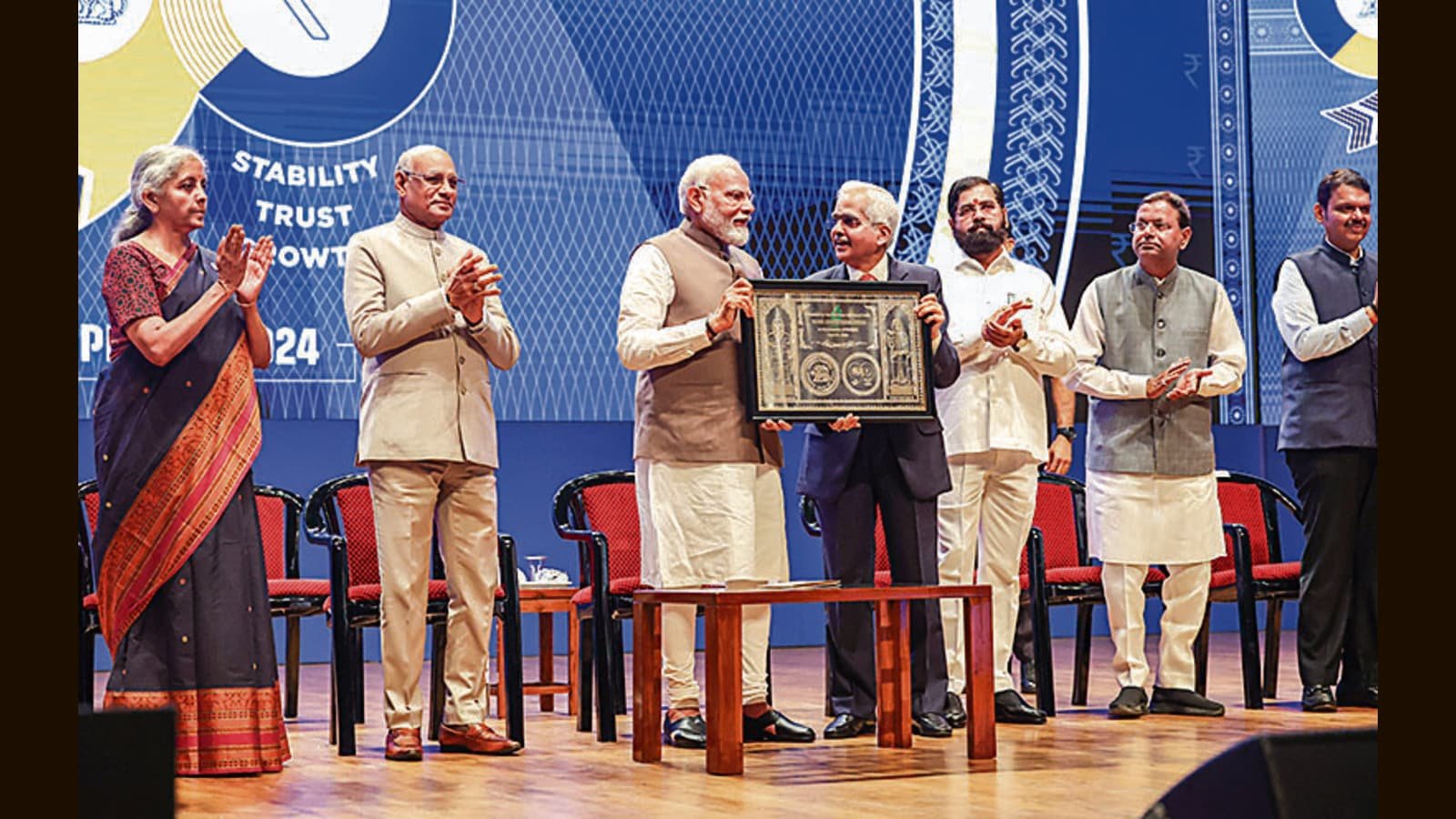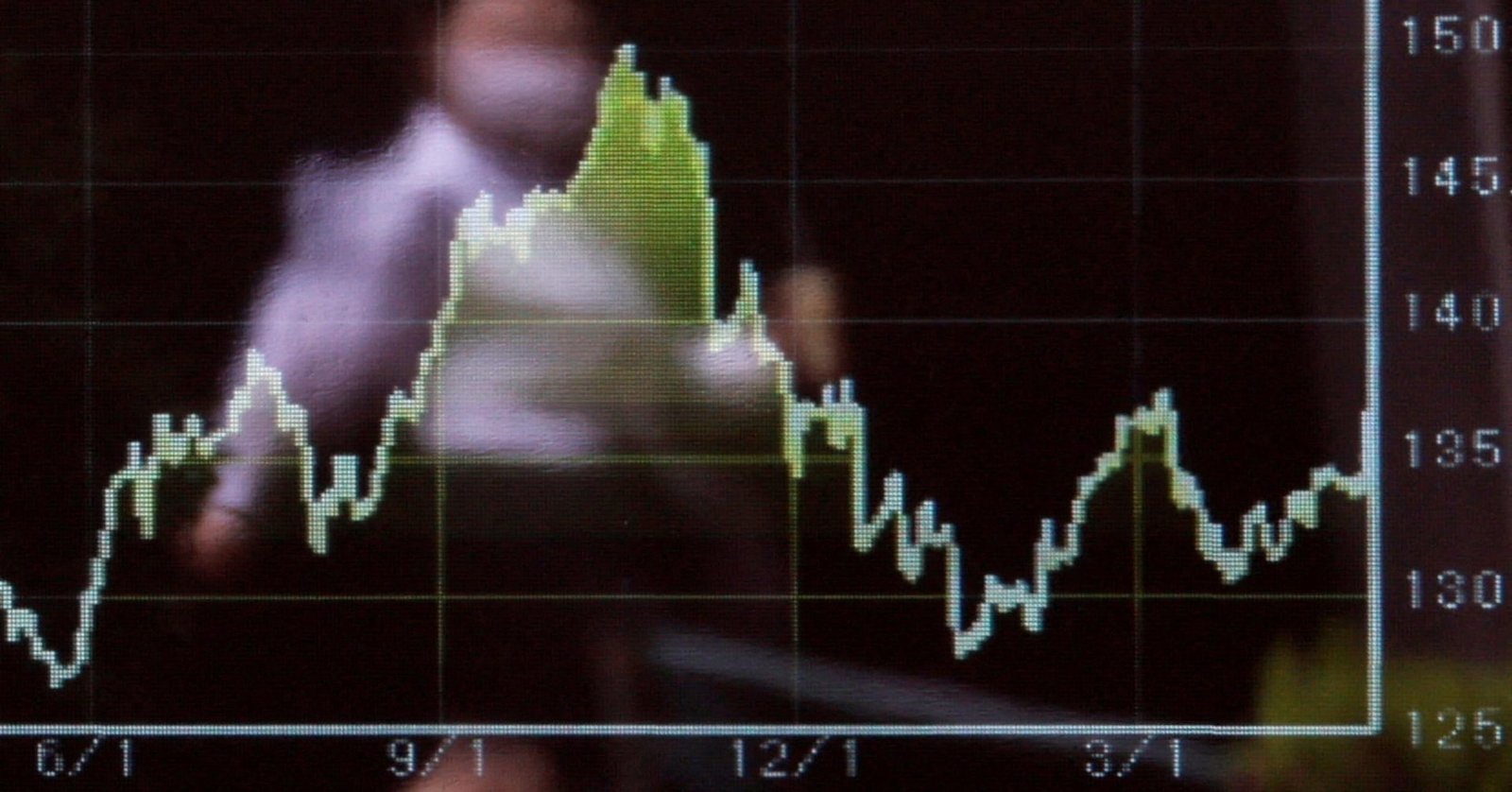With Bulgaria set to adopt the euro, a transitional period will begin, during which prices for goods and services will be displayed in both levs and euros. This dual pricing phase will start one month following the official decision by the EU Council to adopt the euro and will last for 12 months. However, certain items and services will only display prices in euros. This includes cigarettes, fuel at gas stations, and taxi fares.
Despite the exclusive euro pricing for these goods and services, traders are required to indicate prices in Bulgarian levs in another clear manner to avoid misleading consumers. The draft law concerning Bulgaria’s euro adoption, recently passed in a second reading by the budget committee, details these provisions.
The committee did not approve a proposal by Dimo Drenchev from the “Revival” party to extend the period during which both euros and levs could be used for payments from one month to three months. Additionally, a proposal for “Bulgarian Posts” to offer commission-free currency exchange for a year was also rejected.
Finance Minister Ludmila Petkova explained that the bill has been coordinated with the European Commission and the European Central Bank, and significant changes would require reapproval. She assured that citizens can exchange levs for euros at no cost at Bulgarian National Bank (BNB) branches indefinitely. The proposal to extend the dual currency payment period was dismissed, as it might complicate financial reporting for businesses.
For the first six months post-euro introduction, free exchange of levs for euros will be available at commercial banks and post offices. Beyond this period, commissions may apply, except at BNB branches, where exchanges will remain fee-free. Accounts will be automatically converted to euros on the transition date, and withdrawals will be in euros only.
Payments in levs will be permitted until August 1, 2025, provided Bulgaria’s Eurozone entry target is met by mid-2024. The law adopted by Parliament ensures dual currency payment for one month following euro adoption. Drenchev’s request to extend this period was not supported, with the Finance Minister noting that most recent Eurozone entrants allowed only a two-week dual currency period.
Six months after the euro introduction, levs can be exchanged free of charge at banks and post offices, with specific requirements for large amounts. For amounts between 1,000 leva and 10,000 leva, a prior request is needed for mail exchanges, while amounts over 10,000 leva can be exchanged in multiple transactions. Large cash exchanges at banks will also require advance notice for amounts exceeding 30,000 leva.
The BNB will offer unlimited fee-free exchange services at its five offices nationwide. Historical trends show that, once the EU Council approves the euro adoption, people tend to deposit their levs in banks, which are then automatically converted to euros on the transition date.
Prices in stores will be shown in both levs and euros starting one month after the EU Council’s decision, continuing for 12 months following Bulgaria‘s entry into the Eurozone.







